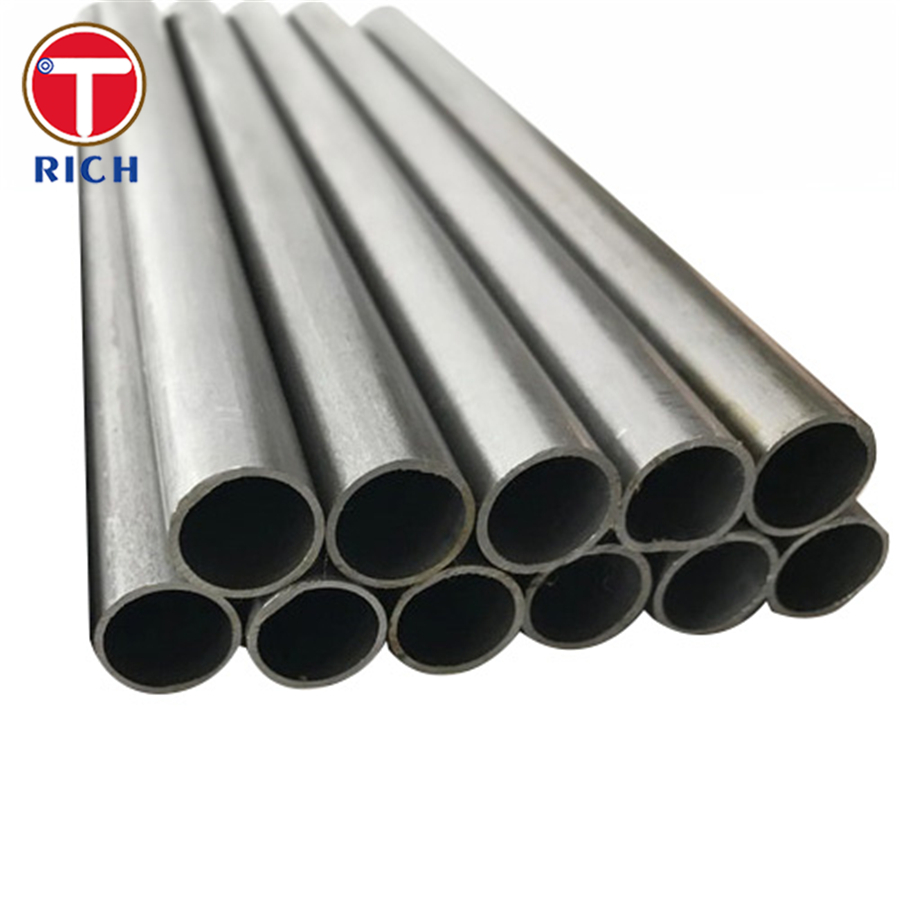
Mr. Richard SHEN
Leave a message
Mr. Richard SHEN
Leave a messageAlloys are a commonly used group of materials in various industries due to their enhanced properties compared to pure metals. However, a significant concern when it comes to the application of alloys is their susceptibility to corrosion, especially when exposed to water. In this article, we will explore the potential for alloys to rust when exposed to water and present two key points to consider.
Alloys are formed by combining two or more metallic elements to create a material with improved mechanical, thermal, or chemical properties. The choice of alloy composition plays a crucial role in determining its resistance to rusting in water. Some alloys, such as stainless steel, are specifically designed to resist corrosion due to the inclusion of elements like chromium, which forms a protective oxide layer on the surface, preventing further interaction with water and oxygen. On the other hand, alloys with a composition that lacks corrosion-resistant elements might be more prone to rusting when exposed to water, as water can initiate electrochemical reactions leading to the breakdown of the material.
The rusting process of alloys in water is influenced by environmental factors such as temperature, humidity, and the presence of impurities. Higher temperatures and humidity levels can accelerate the corrosion process by promoting faster reaction rates at the alloy-water interface. Additionally, impurities and contaminants in water, such as salts and pollutants, can act as catalysts for corrosion reactions, further compromising the integrity of the alloy. Proper maintenance and protection strategies, such as coating the alloy surface with corrosion-resistant layers or controlling the environmental conditions, can help mitigate these effects.
In conclusion, the susceptibility of alloys to rusting in water depends on various factors, including their composition and the environmental conditions they are exposed to. Alloys with corrosion-resistant elements are less likely to rust due to the formation of protective layers, while the presence of impurities and unfavorable environmental conditions can accelerate corrosion. Engineers and industries must carefully select appropriate alloys and implement protective measures to ensure the longevity and reliability of alloy-based components when in contact with water.


Privacy statement: Your privacy is very important to Us. Our company promises not to disclose your personal information to any external company with out your explicit permission.

Fill in more information so that we can get in touch with you faster
Privacy statement: Your privacy is very important to Us. Our company promises not to disclose your personal information to any external company with out your explicit permission.